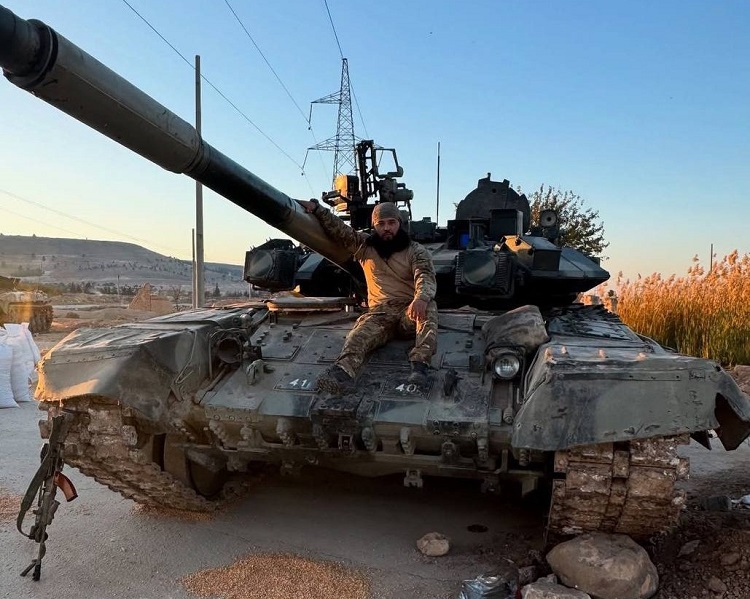
The rebel offensive in Syria – led by the "moderate" Qaeda/Salafist HTS and the Muslim Brotherhood's Syrian National Army, and supported by Turkey – has exposed all the weaknesses of Assad's regime and the Syrian Army.
We have already discussed the consequences that the War in Ukraine and Israel's war of attrition against Iran have had on Assad's hold and his sectarian power elite. Let's try to analyze in more detail the reasons for the poor performance of the Syrian Army, which has literally melted away on the Aleppo front.
The underlying key issues continue to be nepotism/corruption and a reduced recruitment pool. The first causes bureaucratic sclerosis, inefficiency, and lack of innovation. We have observed this these days the inadequacy, if not the outright absence, of weapon systems to counter the rebels' extensive use of drones.
The Syrian Army is constantly exposed to this threat (since 2011), which is effectively undermining its traditional counter-insurgency doctrine based on withdrawal to second-line positions and constant artillery fire on the front line meanwhile occupied by rebels. In practice, the withdrawal is continuously disturbed by attacks from suicide drones, and this effectively disrupts the ranks in the absence of adequate defenses.
The second problem refers to a recruitment pool limited to minorities - starting with the "governing" minority, the Alawite minority, about 12% of the population - since the majority, the Sunni (about 70% of the population) is not considered loyal/reliable (and it is not, in effect). The result is a structurally small and rickety army in which even the 3 "elite" units are certainly not the best, especially if compared to groups like HTS and SNA that in recent years have made a notable leap in terms of capabilities and organization.
The 25th Special Forces Division, or the famous "Tigers," actually has little special about it. Rather, it is a simple mechanized/motorized infantry unit, a bit less "sloppy" than other Syrian Army units. The 4th Armored Division, commanded by Maher Assad, the President's Brother, is Damascus's watchdog and more of a gang than a military unit. Finally, the Republican Guard, in perpetual conflict with the 4th Division, systematically sees its units being dismembered, reorganized, and reconstituted. In essence, we are facing a situation that forces the regime to rely on militias and local groups for territorial control, as has happened since the beginning of the civil war.
In practice, in these 4 years of calm, nothing has been done to correct these defects, simply because they are structurally uncorrectable. Here we are then to what happened at the regional and global level. Russia, engaged in Ukraine, has reduced its support to Syria. Wagner has been recalled, the presence of special forces and advisors has been drastically reduced, aid has decreased. The coffers are empty, in short. Thanks to Russian support, the enormous fleet of vehicles of the Syrian Army had been rebuilt: today, however, these vehicles have no fuel. Most of the internal oil production is under Kurdish/American control, the little that is produced in areas under government control takes the path of smuggling or ends up in Russia. Not to mention the sanctions. As a result, the price of gasoline is skyrocketing and vehicles are running dry on the roads, ending up in the hands of rebels (like the T-90 in the photo).
Another case study: the famous 5th Assault Corps formed by Russia has suffered a reduction in funds and personnel in the last two years. Moreover, part of the ranks is composed of "reconciled" Sunnis who, with the rebel offensive, have gone "into hiding" or re-/changed sides.
Finally, Israel. The war of attrition launched in recent years by the Jewish State against the Iranian military and logistical infrastructure in Syria had an impact - advisors and facilitators killed, depots destroyed, etc. - and forced Tehran to consume resources. Then the War in Lebanon, with Hezbollah having to necessarily reduce its activity in Syria. Hezbollah itself, which was decisive in framing and "mentoring" the militias that, left to themselves, have faltered on several occasions.








